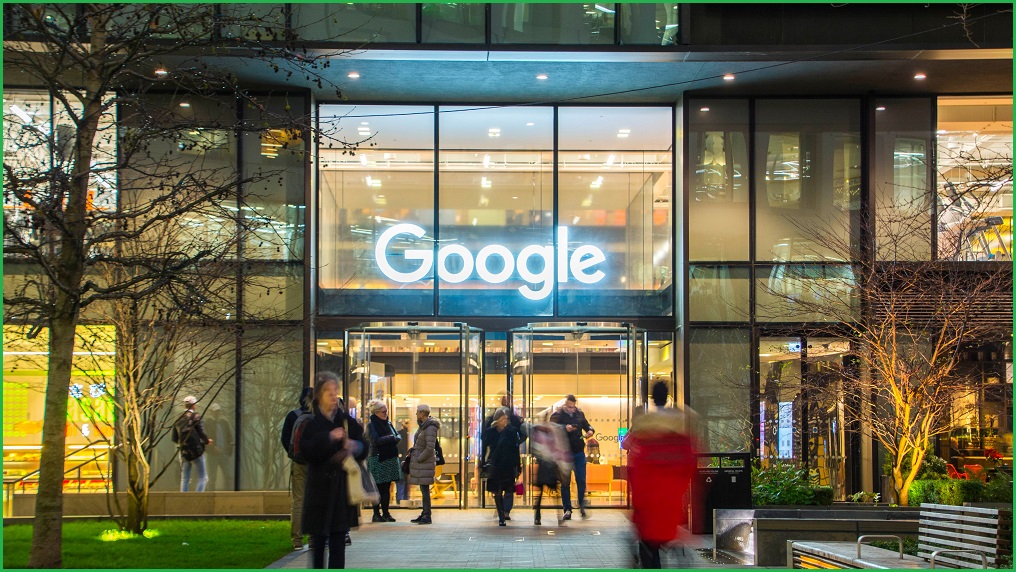Around 12,000 Google employees – some six per cent of its workforce – are being laid off as the tech giant begins reducing staff it hired during the pandemic.
Google CEO Sundar Pichai sent an email to all Google employees late last week with the news, which the company published as a blog post.
“This will mean saying goodbye to some incredibly talented people we worked hard to hire and have loved working with. I’m deeply sorry for that,” Pichai said.
“The fact that these changes will impact the lives of Googlers weighs heavily on me, and I take full responsibility for the decisions that led us here.”
Pichai said the layoffs are occurring as a result of “dramatic growth” during the pandemic which saw it hire for what the Google CEO said was “a different economic reality than the one we face today”.
Rising inflation has led to central banks pushing up interest rates which, in turn, has seen a risk-off mindset enter the markets for more speculative assets like tech stocks and cryptocurrency.
The share price for Alphabet, Google’s parent company, has dropped by more than a third since its peak in late 2021.
Pichai said his company would offer US staff severance packages of 16 weeks salary plus two weeks for every year the staffer worked at Google, along with six months of healthcare, job placement services, and immigration support.
Layoffs are happening across the tech sector as the biggest names respond to less favourable economic conditions.
In late 2022, around 25,000 jobs were cut across Meta, Amazon, and Twitter, with Amazon upping its layoffs to total 18,000.
Last week Microsoft announced cuts to 10,000 jobs in the wake of a $1.7 billion hit to its bottom line.
Shortly after that announcement, the Wall Street Journal revealed how, a day before layoffs landed, around 50 top Microsoft executives were at a private party featuring Sting at the World Economic Forum in Davos.
According to The Information, the latest job cuts affect all areas of Google’s business except for its artificial intelligence (AI) research arm Google Brain which was largely left alone.
Google is preparing to expand AI integration across its products in response to public testing of OpenAI’s impressive ChatGPT bot late last year.
While it isn’t perfect, ChatGPT is regularly able to draw on a corpus of knowledge to produce coherent and accurate answers to basic questions.
Pichai reportedly sounded the alarm upon seeing ChatGPT by calling it a “code red” for Google’s flagship Search product and has called in the company’s founders Sergei Brin and Larry Page.
Brin and Page have been looking over Google’s upcoming AI-powered products, according to the New York Times, which includes image and video generation or editing software that will lean on technology like Imagen.
Part of Google’s AI refocus is said to involve speeding up internal products approvals and lowering the company’s risk tolerance to the technology.
Google has, of course, been developing its own chatbot, Language Model for Dialogue Applications (LaMDA) which an engineer – whose job was to make sure the system didn’t spout racist or other problematic rhetoric – was convinced had become sentient last year.










